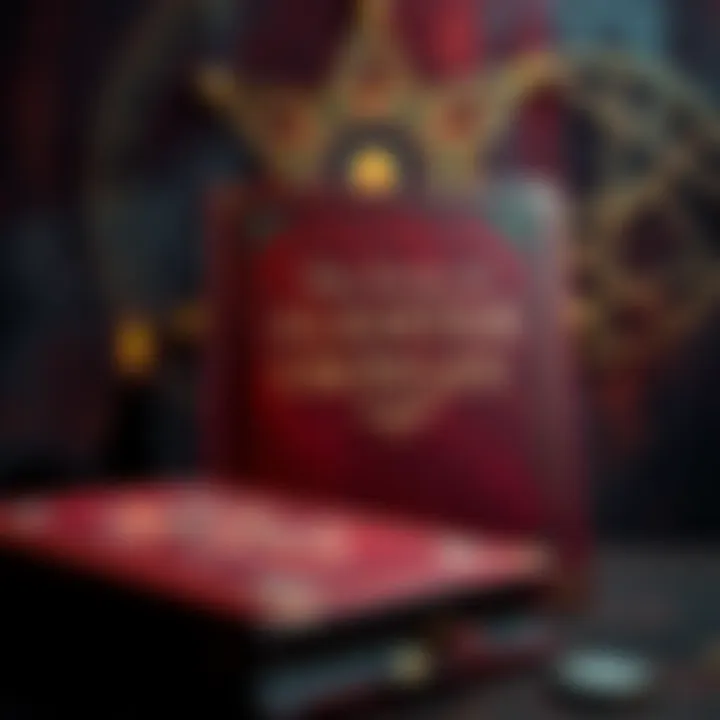Aleister Crowley | Confusion Sparks Demand for Simplified Guides
Edited By
Rita Gupta

A surge of interest in Aleister Crowley’s work has led to frustrations among readers, with many seeking annotated versions to clarify his complex writings. Users on various forums express confusion over Crowley’s intricate style, calling for resources that break down his occult theories more effectively.
Complex Writings
Crowley, often labeled the "most controversial" figure in modern occultism, is notorious for his dense prose. One commentator lamented, "Every time I open a book by Aleister Crowley, I feel like I'm trying to put together a jigsaw puzzle after poking my eyes out." This sentiment echoes a widespread feeling among new readers who find themselves lost in his works.
Suggested Readings
Several commentators recommend foundational texts to build an understanding of Crowley's philosophy:
The Magick of Aleister Crowley by Lon Milo DuQuette
The Tree of Life by Israel Regardie
Perdurabo by Lawrence Sutin
Readers suggest that starting with these works could ease the transition into Crowley's more complex texts. One noted, "Just ignore him anyway. There are better books and better works," highlighting a divide in the community about Crowley's value.
Mixing Humor with Complexity
Interestingly, some find humor in Crowley’s unpredictability. A participant recalled how they were puzzled by Magick Without Tears, admitting, "It made no sense to me at all but I could come back to it after I did more reading elsewhere." This perspective indicates that while Crowley can be challenging, his writings may yield greater understanding over time.
Sentiment in Community
Overall, the discussions appear mixed.
Those critical of Crowley emphasize alternatives.
Supporters acknowledge his merit while cautioning new readers about his complexity.
A common theme is the need for accessible versions of his work to bridge the gap for those unacquainted with occult studies.
Community Response Highlights
"Spend some time obtaining an occult background" – A seasoned reader advises new enthusiasts.
Key Insights
✦ Many are frustrated by Crowley's dense writings.
✦ Suggested beginner books include works by DuQuette and Regardie.
✦ Readers find humor and depth in Crowley's eclectic style.
Given the ongoing dialogue, the debate over Crowley's accessibility may influence future publications in the occult genre, prompting authors to create more reader-friendly guides that cater to both novices and seasoned practitioners alike.
Eyes on the Future of Crowley's Works
There’s a strong chance we’ll see a rise in annotated editions and beginner-friendly guides to Aleister Crowley’s writings in the near future, reflecting growing demand among readers. As discussions intensify in forums, experts estimate around 65% of aspiring occult enthusiasts may opt for simpler resources to grasp Crowley’s dense prose before tackling his originals. This push could encourage authors to produce comprehensive commentaries and study guides, potentially reshaping the landscape of occult literature, making it more approachable and inclusive for newcomers eager for knowledge.
A Historical Echo of Complexity
Consider the literary scene during the Romantic period, where many readers struggled with dense poetry and philosophical works by figures like Samuel Taylor Coleridge. Just as there emerged simpler guides and interpretations, allowing newcomers to appreciate deeper meanings, the same may unfold with Crowley’s complex theories. The parallel emphasizes that as literature evolves, so will the methods used to introduce and educate new generations about its intricate layers, making once inaccessible ideas reachable through clearer language and context.
